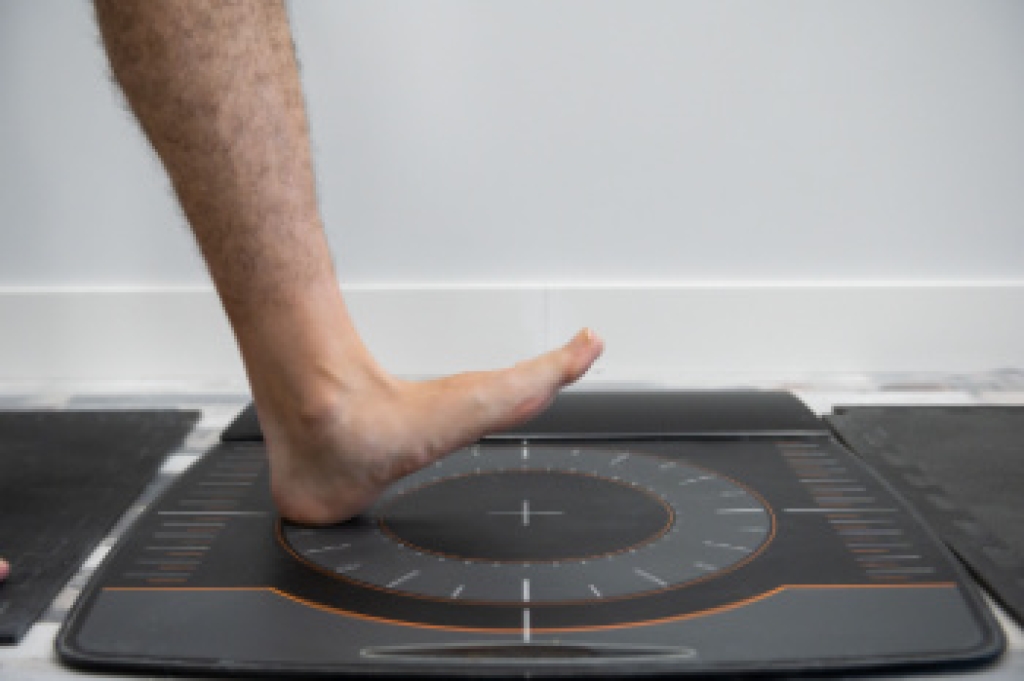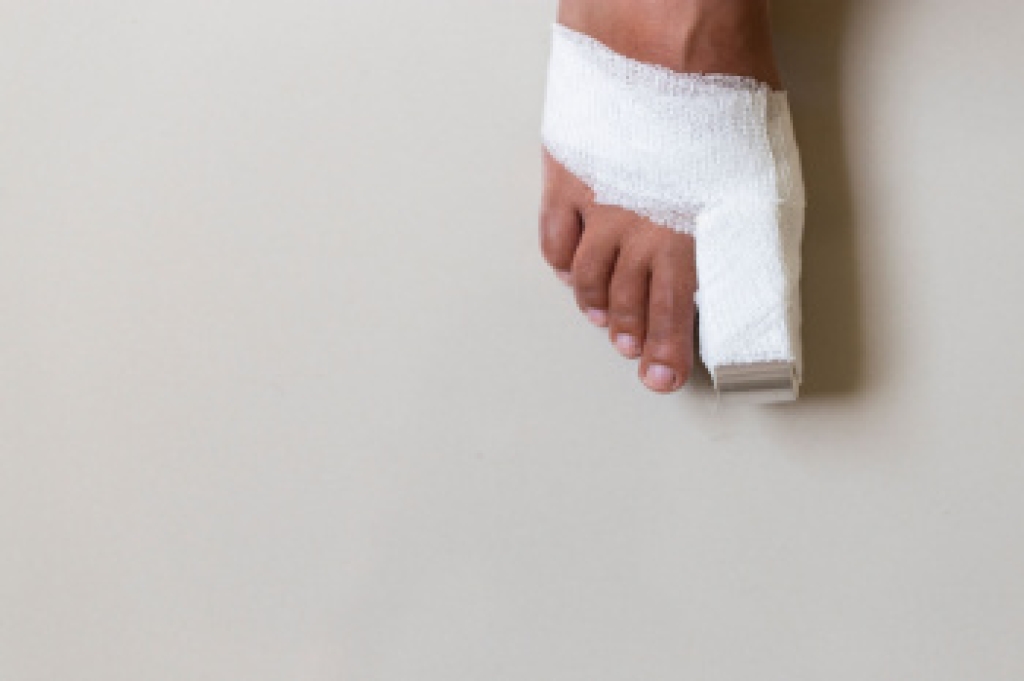
Well-fitted ski boots play an important role in comfort, performance, and injury prevention on the slopes. Ski boots that are too tight can restrict circulation and increase pressure on the toes, heel, and ankle, while loose boots allow excess movement that strains ligaments and tendons. Poor fit may contribute to numbness, blisters, bruised toenails, arch pain, and ankle instability during turns and sudden stops. Properly fitted ski boots help hold the foot and ankle in a neutral position, improving balance, control, and energy transfer to the skis. Fit concerns are often influenced by foot shape, arch height, calf size, and previous foot or ankle injuries. A podiatrist can evaluate foot structure, identify pressure areas, assess alignment, and recommend adjustments or modifications to reduce stress during skiing. For help with foot or ankle pain caused by skiing, it is suggested that you make an appointment with a podiatrist.
Ankle and foot injuries are common among athletes and in many sports. They can be caused by several problems and may be potentially serious. If you are feeling pain or think you were injured in a sporting event or when exercising, consult with Josef Elouze, DPM from Elite Podiatry. Our doctor will assess your condition and provide you with quality foot and ankle treatment.
Common Injuries
The most common injuries that occur in sporting activities include:
- Achilles Tendonitis
- Achilles Tendon Rupture
- Ankle Sprains
- Broken Foot
- Plantar Fasciitis
- Stress Fractures
- Turf Toe
Symptoms
Symptoms vary depending upon the injury and in some cases, there may be no symptoms at all. However, in most cases, some form of symptom is experienced. Pain, aching, burning, bruising, tenderness, tightness or stiffness, sensation loss, difficulty moving, and swelling are the most common symptoms.
Treatment
Just as symptoms vary depending upon the injury, so do treatment options. A common treatment method is known as the RICE method. This method involves rest, applying ice, compression and elevating the afflicted foot or ankle. If the injury appears to be more serious, surgery might be required, such as arthroscopic or reconstructive surgery. Lastly, rehabilitation or therapy might be needed to gain full functionality in the afflicted area. Any discomfort experienced by an athlete must be evaluated by a licensed, reputable medical professional.
If you have any questions please contact our office located in (Holiday City) Toms River, NJ . We offer the newest diagnostic and treatment technologies for all your foot and ankle needs.





